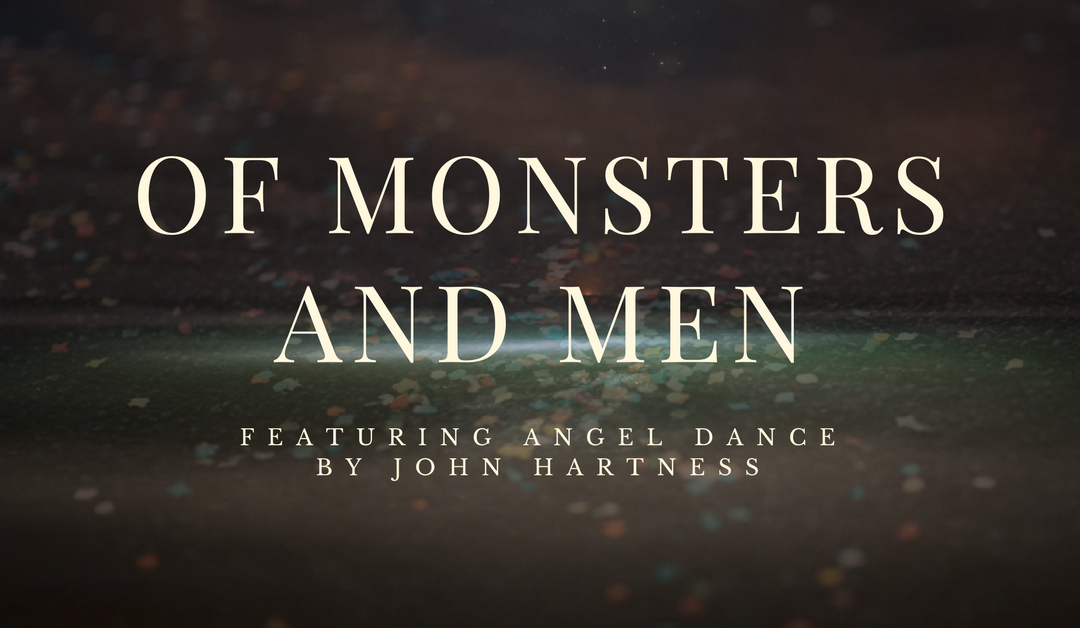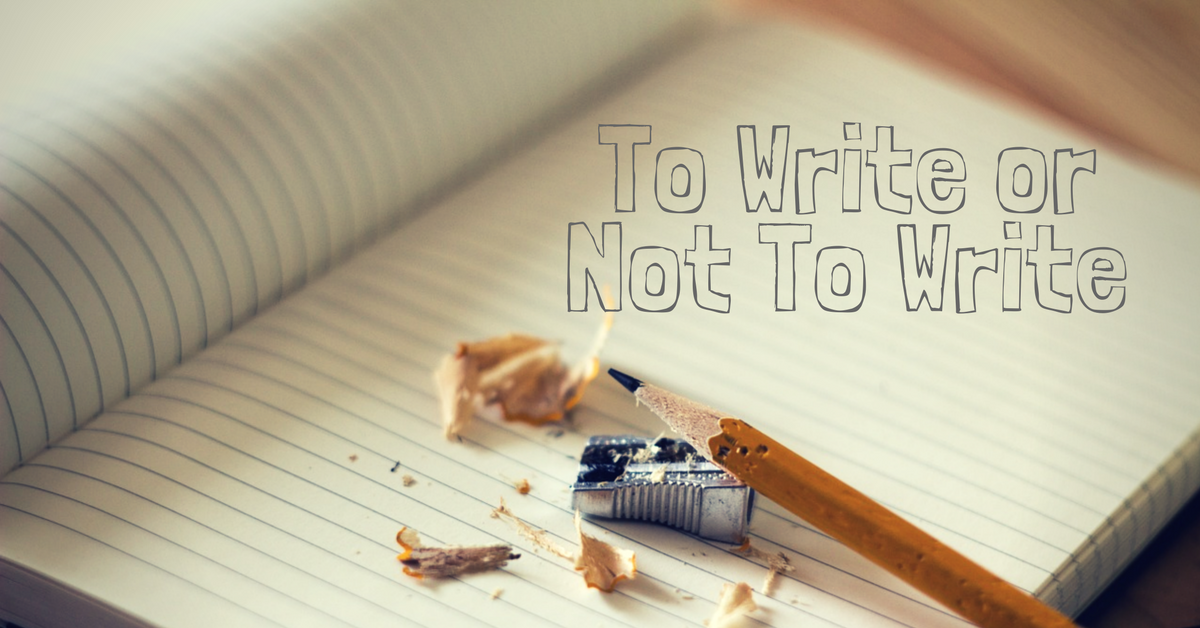John G. Hartness is comfortable writing about monsters and those who hunt them. In the latest Shadow Council novella, Angel Dance, Frankenstein's monster, aka Adam Franks, is hunting demons and zombie alligators in the Big Easy and environs. Helping him in his endeavors is a voodoo priestess, a militant nun, and the disembodied consciousness of a tech genius who was killed in the line of duty—monster hunting duty, that is. What could possibly go wrong? Because it's a novella and not a novel, fewer things go wrong than they otherwise would, but it's still a fun ride and the bad guys get theirs, which is always important in urban fantasy, not to mention the real world. The depth in this slim volume is to be found in the minds and hearts of the characters born of John Hartness’ imagination. I've written before about the monsters within and also about what makes us human, but I don't think I've contemplated humanity from the perspective of the monsters themselves and it's an interesting viewpoint. When we weigh the pros and cons of Frankenstein's monster as "human" to which category would he belong?
That Frankenstein's monster has a name is the first step on his road to humanity. He's got a name and not just a label. He's not 24601, he's more like Jean Valjean. Having a name humanizes us. It's the first gift our parents give us after they give us life. Naming ourselves is a key strategy if we're ever attacked by a serial killer—we're told to tell our tormentor our name to avoid being wholly objectified (what, you didn't read or see Silence of the Lambs? Get on that, it's good shit). It appears that Adam named himself (aka the first man) and adopted a modified version of his "father's" surname. Clever monster.
In addition to a name, Adam also has feelings—which he doesn't welcome because they come with pain (can't have one without the other, as I've also noted in a previous post). Adam seems somewhat indifferent to the emotional highs that feelings engender but is highly sensitive to the depths of despair to which grief can drive us. It doesn't feel like an equitable arrangement to Adam, and he would prefer to do without those pesky feelings. Which he can't. Too bad, so sad. He's got to feel along with the rest of us. Sometimes, he feels irritable about his feelings. Ironic that.
Mostly, Adam has feelings surrounding his friends. I think he's as bewildered as the rest of us that Frankenstein's monster has friends, but we can all probably think of people we know about whom we could say the same thing. But Adam does have friends who he cares about and who care about him. And those friendships create obligations that are potentially dangerous. They also create opportunities for more, intense feelings. And eventually they require Adam to let go of the mortals who have touched his once dead heart, to return them to the depths of the earth on whose surface he continues to walk. Hmmm... sound familiar? He's just like us. Or perhaps we're just like him. Beyond feelings, our monster is also developing a sense of humor as these stories progress. In the beginning, Adam is as humorless as my old algebra teacher, and equally literal in his thinking (have I ever mentioned how much I hated algebra? No? Let me tell you... just kidding! See, I have a wonderful sense of humor, but I digress). As we get to know Adam, he finds delight in teasing his fellow monster hunters and jerking their chains a bit. I'm not sure how funny it would be to have Frankenstein's monster punking me, in fact; I'd probably run away screaming, having lost my sense of humor completely, but that could just be me. With each joke and prank, Adam became more human to me and I become more invested in his fate.
Adam also has a moral compass, a directional aide I think most monsters eschew. For example, one of the criterion for Pinocchio to become a real boy was the development of his conscience, allowing Jiminy Cricket to take on other tasks. Unfortunately, I think if we make the possession of a conscience a requirement for humanity a lot of us would fade from this plane of existence. Having a working moral compass seems less and less prevalent in our society; the new normal feels like anarchy where truth is not just relative but alternate; a lack of basic human dignity and a sense of fairness is sorely lacking in our leadership. But I'll get off my soapbox now. The truth is I'd much rather have Frankenstein's creation in the White House than the monster currently in residence. But I digress. Again..
Another tantalizing clue in this story relates to the possibility that Adam has a soul, which is what distinguishes other monsters from men in several series that I've read. Adam had always assumed he was soul-less, but new information indicates that his assumptions are incorrect, as assumptions tend to be. I expect John Hartness will develop this line of inquiry in later novellas and I'm looking forward to it. In the interim, we'll put "having a soul" in the TBD category and count it neither for nor against Adam.
We are left with our judgment, then. Is Adam a monster or not? Can we count him as human? Where should we draw the line? As I was writing it occurred to me that many of us human types would be found wanting if we applied these criteria to determine the validity of our own humanity. Maybe the line between monsters and men (and women) is more blurred than we'd like to admit. Maybe all of us have the potential to be monsters and all monsters have the potential to be redeemed. I'll wait for the next John Hartness novella and see what he thinks while I spend my time gazing at my navel, a decidedly human endeavor.

















